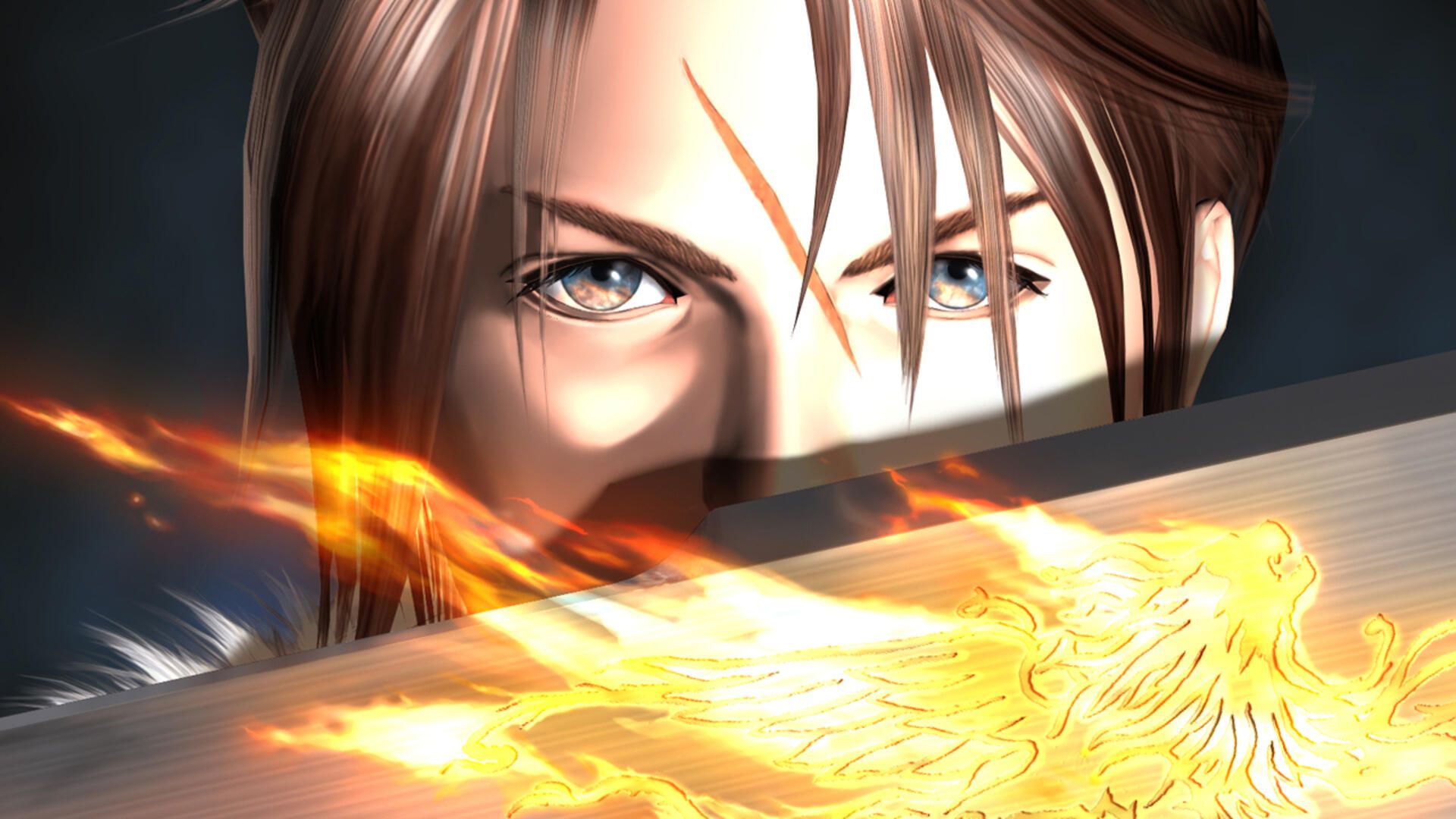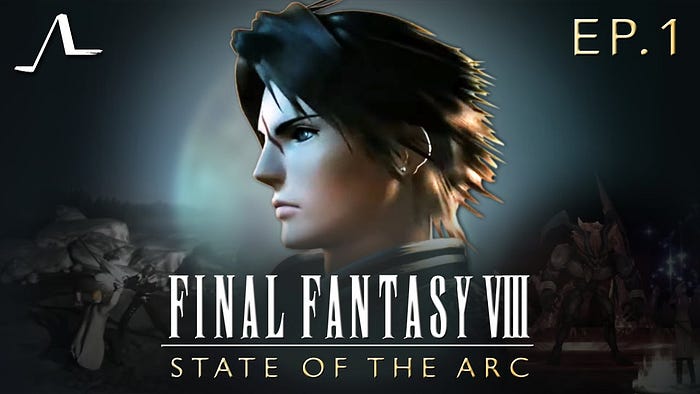How to Talk About Video Games
Why Resonant Arc’s analysis on Final Fantasy VIII is a refreshing take on game critique

Final Fantasy VIII has been, for as long as I can remember, one of the most despised games in the franchise.
It’s been criticized for virtually every feature I can think of: its teen-school setting, its stoic and rude main character, its confusing ability system, and its romance-forward plot. Final Fantasy VIII is the black sheep of the franchise and often is criticized not by its own merits, but how it stands against the rest of the Final Fantasy series. It rarely shows up on any favorites lists, and when it does enter the conversation, it’s often at a supreme disadvantage against its brethren. Final Fantasy VIII cannot catch a break.
Yet, despite it all, it’s not only my favorite Final Fantasy game, but my favorite game of all time.

Exploring Final Fantasy VIII
Recently, Resonant Arc’s Mike and Casen held a unique multi-part long-form podcast where they tried something new against their typical monthly JRPG conversation. Instead of focusing on news or breaking down RPG components (i.e. battle systems and aesthetic design), they submitted a monumental five-part conversation over Final Fantasy VIII.
These videos clocked about twelve hours. In it they not only discussed the merits and woes of the game, but carried their conversation at pace with an actual playthrough. They prevented spoilers until they reached them and enjoyed the discussions amongst each other as the events unfolded.
This made the five-part series not only more enjoyable, but more profitable from a standpoint of critique.
I was enthralled.
Resonant Arc presents itself as a channel for storytelling. While many of their videos and podcast episodes delve into the JRPG, at its core Resonant Arc is most interested in what makes a story compelling.
They go over your typical popular JRPGs such as Final Fantasy VII, but also give a fair amount of time to niche games and their unique properties. With Final Fantasy VIII, they broke the game down as fully as they could, discussing not only its storytelling and gaming aspects, but dissecting conversation into its localization, direction, and creation.
Final Fantasy VIII, as with all Final Fantasy titles, took a monumental amount of manpower and effort to create, and at face value seems like one of those games of inter-joined impossible parts.
What I appreciated about Mike and Casen’s candid conversation was their admitted hesitance over Final Fantasy VIII and how their appreciation of the game drastically changed over the course of the podcast’s discussion.

Final Fantasy VIII often rubs people the wrong way because of how it seems to almost purposely exist outside the expectations of the Final Fantasy name, even up to the current era. It did not follow the popularity or setting of Final Fantasy VII. However, Final Fantasy VIII established a lot of what would become “normal” in the franchise, such as a fully orchestrated soundtrack, a lyrical theme, and the establishment of the family of spell names we now know to be “Final Fantasy” nature, such as Fira and Firaga.
Across the episodes, Resonant Arc’s exploration into Final Fantasy VIII considered what actually makes the game unique. Instead of criticizing it against other Final Fantasy titles, they broke down what the game presented and what they did and didn’t like about the game’s events, characters, locations, story, battle system, and more.
Mike and Casen’s in-depth look at Final Fantasy VIII was refreshing for me because it seemed to come from a place of honest examination instead of simply tearing the game down for what it did not do. Final Fantasy VIII is a magical, charismatic game with a unique take on world-building and plot that sets it apart from many other entries in the franchise. With each episode of the podcast, Resonant Art seemed to take further into account that what made Final Fantasy VIII different is what made it good.

Elevating the Conversation
Final Fantasy VIII is almost obtuse in its design, foregoing intense exposition in favor of detailed lettering of hidden world-building. In episode two and beyond, Mike and Casen’s conversation shifts slightly into discussing what does and doesn’t work in the game’s world-building and how different it is from your traditional Final Fantasy titles, including Final Fantasy VII.
While Final Fantasy VIII sets itself up well for reveals, the SeeD Garden computer log, the Timber Maniacs magazines, and character conversations purposefully obscured much of its most important information. While this sort of nonlinear world-building may aggravate many players, it was a balm on my aching soul to hear two people discuss with such reference how Final Fantasy VIII’s world came to be.
This is a game of nuance.
Yes, Final Fantasy VIII is a main series entry in one of the most revered video game series in the world, but its director and writer obviously wished to try something different with its design.
Throughout Resonant Arc’s episodes we are treated to a detailed examination of what went wrong in Final Fantasy VIII, but also how it is often unfairly maligned for things that players might misconstrue over overlook. While Squall is a stoic and rude character, he’s also a seventeen-year-old orphan with PTSD and other severe psychological issues. While the Junction system might seem scary and obtuse, it’s one of the most unique and creative ability systems in the entire franchise.

Final Fantasy VIII’s differences are also its strengths, and Mike and Casen’s candid and well-researched conversations added further layers of depth to my appreciation of a game that I’ve loved for twenty years.
Too often our conversations on social media around games devolve into horrifying extremes that cannot capture the nuance of game design or development. I hope that Resonant Arc’s new format continues for a long time. It’s an example of how to analyze video games and to take into consideration the work behind their creation.
If you haven’t given it a chance, listen to the episodes — you’ll be glad you did.
